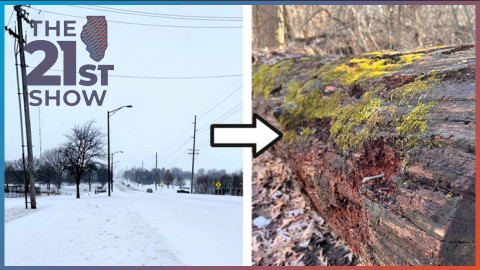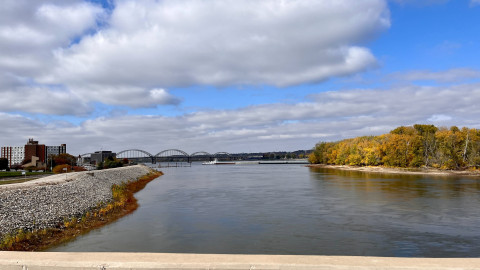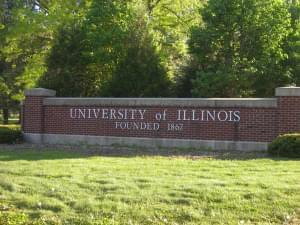
Extreme cold weather, changing Midwest winters, and climate change
Global warming is continuing to make big changes to our weather, and the ways we experience the seasons. This winter, we've been seeing wild swings in the temperature already. We'll talk about what this means, what's going on, and how Midwesterners are reckoning with change.
The 21st Show is Illinois' statewide weekday public radio talk show, connecting Illinois and bringing you the news, culture, and stories that matter to the 21st state. Have thoughts on the show or one of our episodes, or want to share an idea for something we should talk about? Send us an email: talk@21stshow.org. If you'd like to have your say as we're planning conversations, join our texting group! Just send the word "TALK" to (217) 803-0730. Subscribe to our podcast and hear our latest conversations.
Apple Podcasts: https://podcasts.apple.com/us/podcast
Spotify: https://open.spotify.com/show/6PT6pb0
Find past segments, links to our social media and more at our website: 21stshow.org.



__medium.jpeg)

